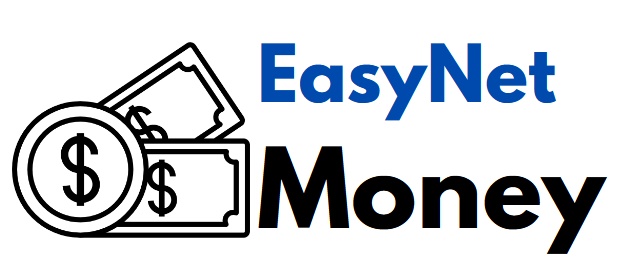Coinschedule.com, a review website for initial coin offerings (ICOs), which is now defunct, has now been fined a total of $200,000 by the United States SEC on the basis of the website violating the anti-touting provisions pertaining to the country’s federal securities laws.
This is not the first time that the SEC has become involved, nor will it be the last, as the agency continues to intensify crackdown efforts on all things related to cryptocurrencies and decentralized finance in the United States.
The process may have some flaws
Two commissioners from the SEC had written an open letter regarding the current situation, and the document had stated that as per the processes being utilized for settlements such as this, there are clearly a few flaws that must be highlighted. As per a release from the 14th of July, which had been provided via the securities regulator, it had been claimed that Coinschedule had failed to successfully disclose information regarding it receiving any compensation through the digital asset issuers regarding favorable reviews.
The terms of the settlement have thus outlined that Coinschedule, previously referred to as Blotics, will now be required to pay a fine of $154,434. An additional amount of $43,000 must also be paid in disgorgement with interest. The curious thing to note here, though, is that the penalty must be paid without actually denying or admitting the findings of the SEC.
Coinschedule had been operational from 2016 till 2019, and most of its traffic had primarily come from the U.S. While it was active, the website would offer ‘trust scores’ associated with over 2,500 ICOs, with the site claiming to add ‘operational risk’ as well as ‘credibility’ for each of the offerings. This was done via a ‘proprietary algorithm.’ The SEC remains unconvinced, however, and states that in actuality, it had become common practice for token issuers to pay Coinschedule to have specific token offerings be profiled, which is something that the website did not mention to its frequent visitors.
SEC’s process is being challenged
Not everyone would agree with the conclusion that the SEC has come to, as had been alluded to with an aforementioned couple of SEC commissioners. These commissioners were Elad Roisman and Hester Peirce, and their letter had highlighted the fact that the SEC did not mention which digital assets, in particular, were to be considered as securities.
Moreover, the commissioners had further added that regardless of whether this omission may have been intentional or not, it does not change the fact that the agency is often hesitant to offer additional guidance regarding the process of securities classification, which is something that would certainly help everyone involved.

